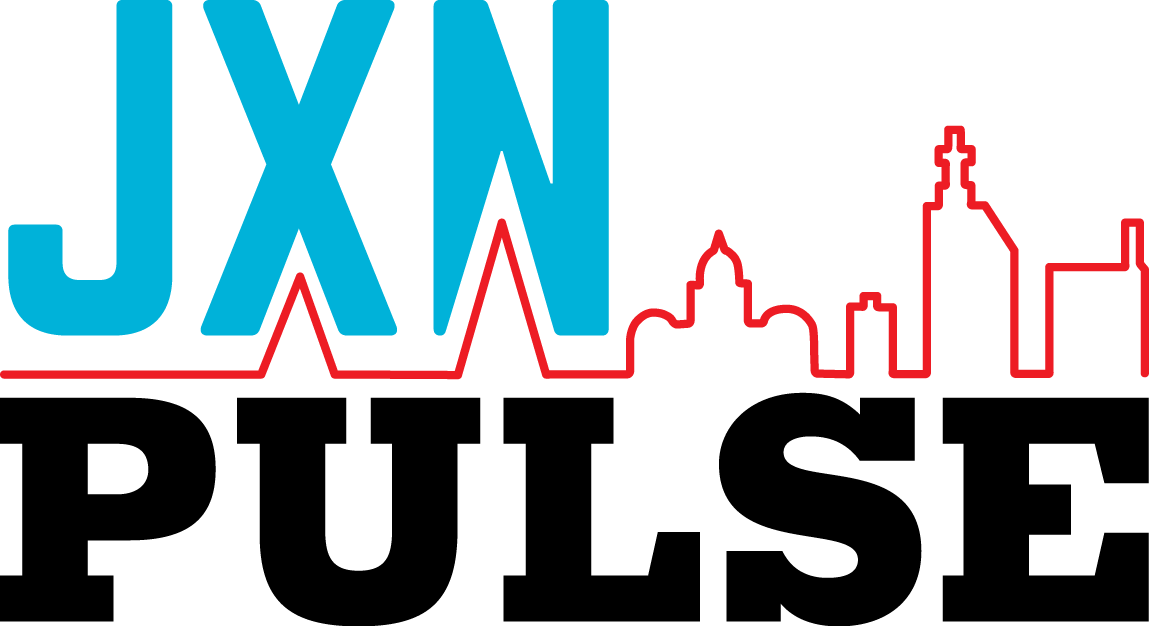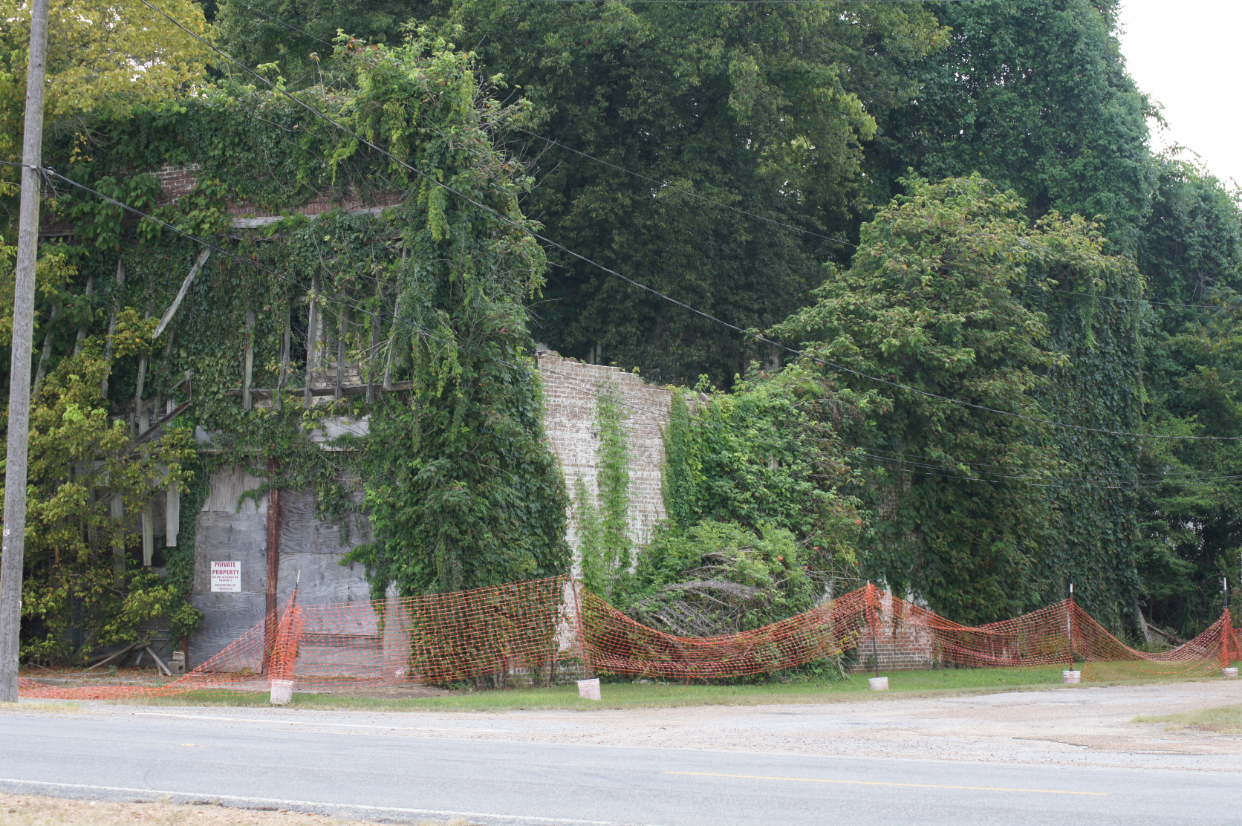by Kaitlyn Fowler
Rilke ends his sonnet “Archaic Torso of Apollo” saying
“You must change your life.” James Wright ends “Lying
In a Hammock at William Duffy’s Farm in Pine Island,
Minnesota” saying “I have wasted my life.” Ruth Stone ends
“A Moment” saying “You do not want to repeat my life.”
A minute seed with a giant soul kicking inside it at the end
And beginning of life. After the opening scene where
A car bomb destroys the black detective’s family, there are
Several scenes of our hero at the edge of life. A shootout
In an African American Folk Museum, a shootout
In the middle of the interstate rest stop parking lot,
A barn shootout endangering the farm life. I live a life
That burns a hole through life, that leaves a scar for life,
That makes me weep for another life. Define life.
—“American Sonnets for My Past and Future Assassin,” pg 37, sonnet #29
I prepared to read Terrance Hayes’s “American Sonnets for My Past and Future Assassin” not really knowing what to expect. Sonnets, as we learn them in English class, are a stiff style of poetry with specific stanza separations depending on whether the sonnet is an English sonnet or an Italian one—and that’s before we get to the uptight rhyme scheme. Going through my head was something like this: “Eighty sonnets? What was I thinking?”
Of course, I should have recognized that some modern poets follow the basic sonnet form without compromising the modern reader’s interest and ability to understand, as Hayes does. But then I moved on to my next issue, found in the title: assassins. Was I about to read a bunch of sonnets about death and dying?
The answer to that question was yes. And no. Some of the poems speak about death, but some of them, like the one above, speak about life. Others speak not about life or about death but about living—living as a black person, living as a poet, living as a southerner, living as an American.
So I’m reading this book of sonnets, and I’m wondering where the assassin enters the scene. Eventually, some of the sonnets start apostrophically addressing this mysterious assassin: “In this we may be alike, Assassin,” for instance. The identity of this assassin, though is yet to be known because, as I read more, there is no single assassin. There is no single moment in which there is an assassin.
“I carry money bearing / The face of my assassins.”
“Even the white boys who grew into assassins”
After mentioning suicide in several sonnets, “Assassin, you are a mystery / To me, I say to my reflection sometimes.”
I think everyone has an assassin in them. We see it throughout history, we see it throughout our own lives and even throughout our own selves.
“I ain’t mad at you, / Assassin. It’s not the bad people who are brave / I fear, it’s the good people who are afraid.”
Mic drop.
See, we want to believe the confederate soldiers, the KKK, the white men who killed Emmett Till, the border patrol agents mistreating migrants are the bad guys, the “assassins,” but we know, deep down, that our complacency makes us complicit, makes us worse.
In the sonnet of your life, don’t be the poet saying you wasted your life. Don’t be the poet saying that your life will not want to be repeated, that your life burns a hole through life, that your life leaves a scar for life, makes you weep for another life.
Define your life.
Are you an assassin?

